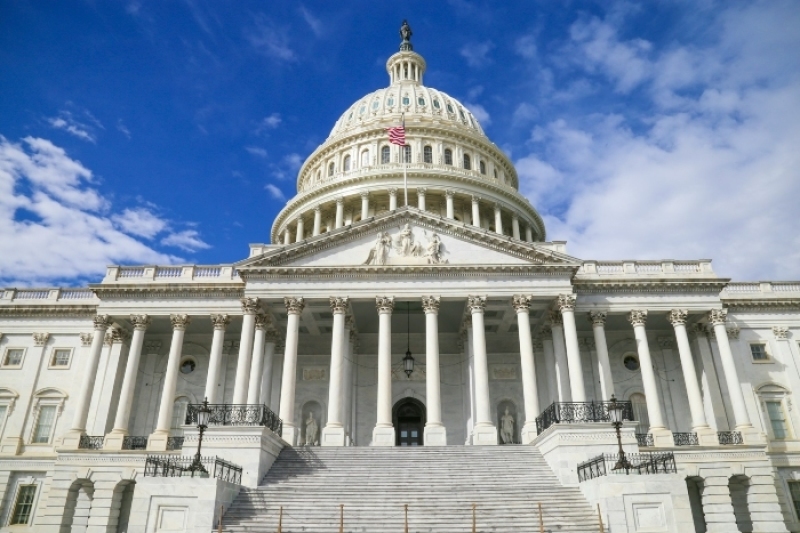
A religious affiliations gap has been noted among members of the incoming 119th Congress, despite the prevalence of Protestants and Catholics in both political parties, according to a recent report.
CQ Roll Call published an analysis on Monday detailing the religious affiliations of the 119th Congress, which was elected last November and will begin its sessions on Friday.
The report revealed that while 98% of Republican members identified as Christian, only 75% of Democrats or members who caucus with Democrats claimed the same.
Specifically, five Republican members did not identify as Christian, while 66 Democrats did not share that affiliation. Additionally, only one Republican—Rep. Dave Taylor of Ohio—identified as religiously unaffiliated, compared to 21 Democrats who did not list an official religious affiliation.
Roll Call also found that, as in previous years, Protestants made up the majority of religious adherents in Congress for both parties. Roman Catholicism is the largest religious affiliation, with 83 Democrats and 68 Republicans identifying as such.
The report highlighted that religious affiliation in Congress is notably higher than in the general U.S. population, with 95% of congressional lawmakers being religiously affiliated compared to less than 70% of Americans, according to the Pew Research Center.
Ryan Burge, a political science professor at Eastern Illinois University who has extensively studied religion in America, referred to the differences in affiliation as a “God gap.”
Burge noted that Republicans “could just say they’re a Christian, they’re a person of faith,” which “turns off almost no one in their party.” In contrast, he suggested Democrats think, “If I don’t give an answer, I’m not going to make anybody mad,” while for Republicans, "If I don’t say I’m Christian, I will make a lot of people mad.”
Burge remarked, “Congress represents America as it looked 20 or 30 years ago, not the way it looks today,” adding that “incumbency advantage keeps people in office that were elected … some of them in the ’80s, in the ’90s, when America was overwhelmingly a religious country.”
In the elections held last November, Republicans secured a majority in the House and regained control of the Senate, resulting in GOP dominance over both houses of Congress and the White House.


















